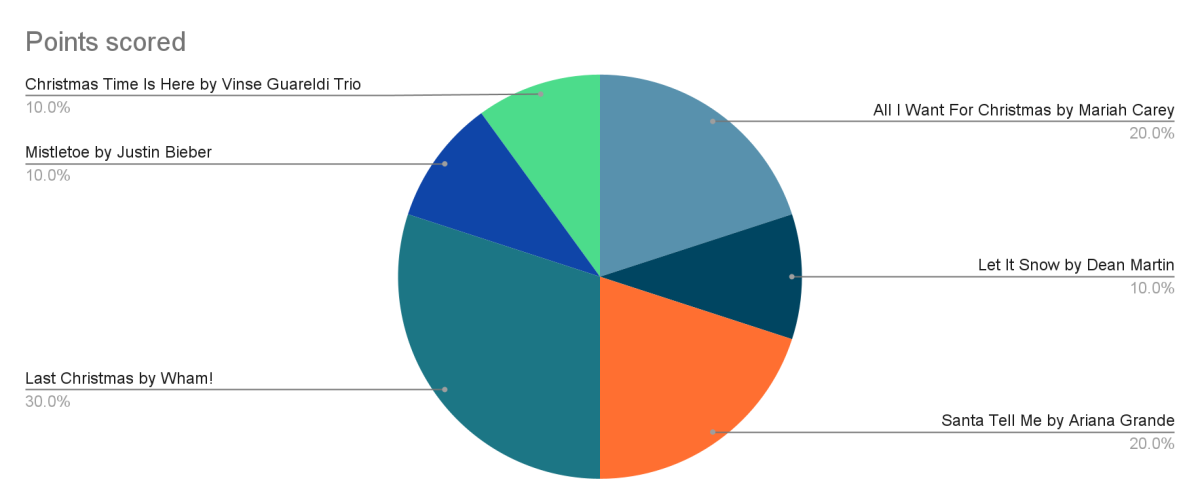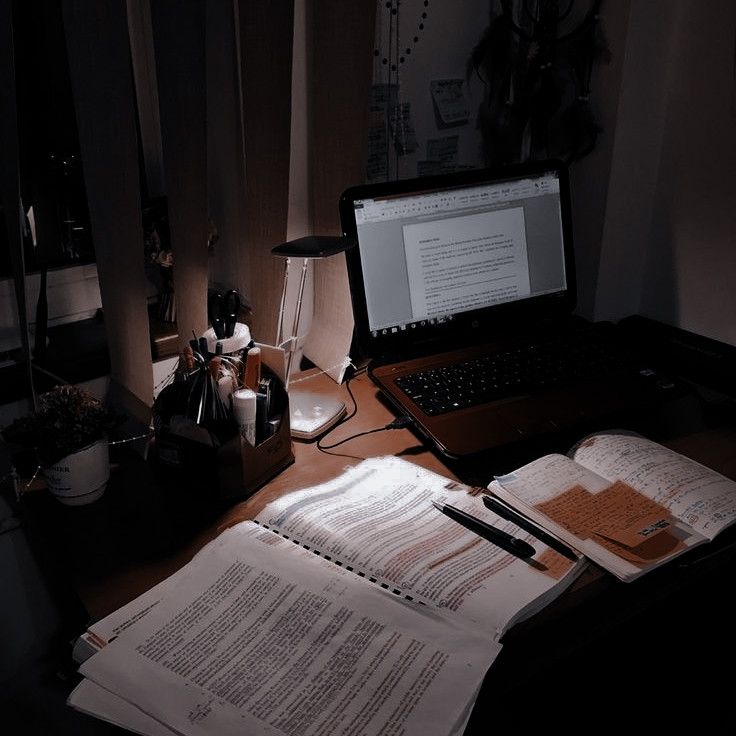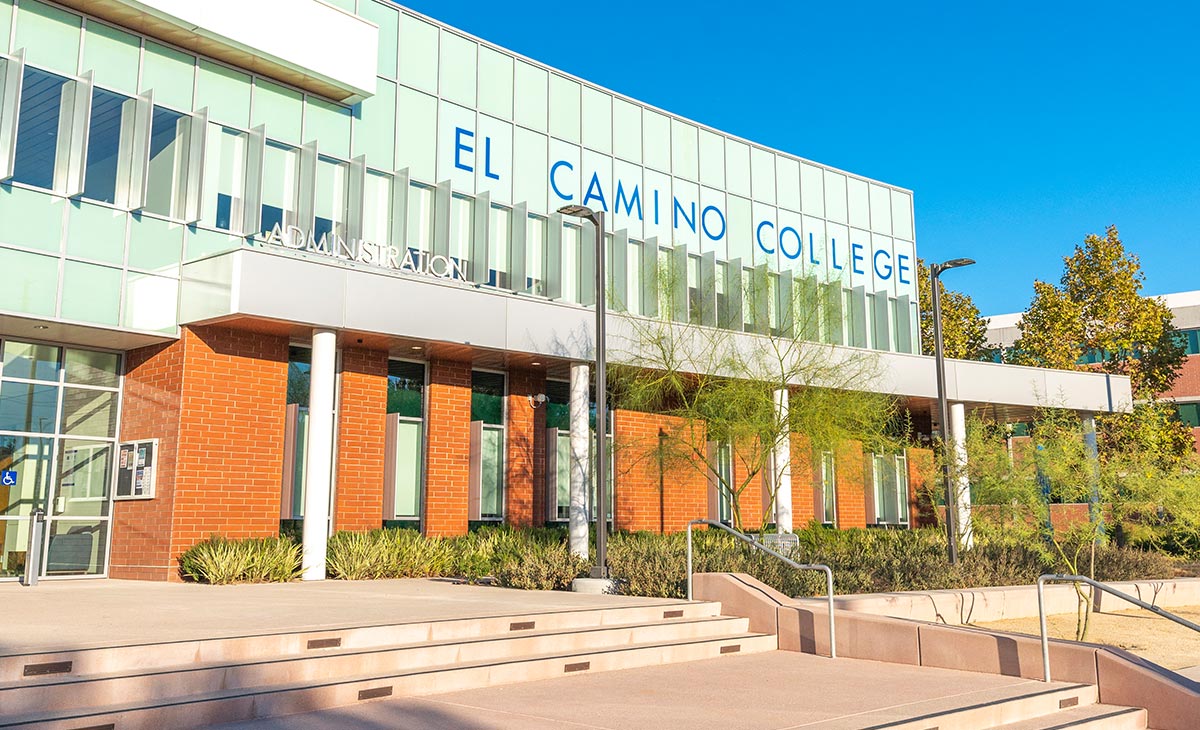Have you ever sacrificed your sleeping schedule and your social life to study for a test and yet, you still end up with an unsatisfactory grade? The reason for this is not because you aren’t “smart enough” but simply because you aren’t studying effectively.
If you haven’t already found an effective way to study, reading through this might just save you, especially if you are taking an AP class for the first time!
So, how can you study effectively?
- Pomodoro Timer
The pomodoro technique is focused on time management. You work in 25 minute intervals with 5 minute breaks in between (key tip: focus on one task per interval). You can also adjust time in each interval if it is too short or long for you. This technique can prevent burnout and distractions.
- Active Recall
Active recall improves long-term retention and comprehension by pushing the brain to retrieve information, which strengthens memory.
There are many ways to practice active recall:
- Flashcards: Write a question on one side of the flashcard and the answer on the other. Try to guess or remember the answer before you flip the card to check.
- Practice tests: Take as many practice tests as you can. When taking practice tests, you are actively retrieving knowledge, which enhances your capacity to do so in the future on the actual day of your exam day.
- Summarize: Summarizing content forces you to recall the key parts.
- Spaced Practice
Spaced practice is when you study or do work in multiple sessions. For instance, you may plan to study 2 sub-units a day for a week to prepare for your math test. This is the opposite of cramming and it’s a great first step to getting out of procrastination.
- Feynman Technique
To test if you truly understand something, try to teach it. The Feynman Technique involves simplifying a concept and then explaining it in a way a teacher would, uncovering what you know and don’t know. If you’ve got no one to explain a concept to, you can explain it to yourself.
- Study groups
Study groups can be a great source of information and motivation. Being in an environment with academically motivated students can urge you to be hardworking like everyone else. Study groups are especially advantageous if you have questions because you can talk about it as a group and figure it out. Multiple brains are better than one.
- Changing Spots
Studying gets draining when you do it for long periods of time. After a couple hours of studying, take a break and move to a different spot. You can move to a different part of your house or you could go somewhere else like a library or a cafe.
- Flowcharts, Mind Maps
Making flowcharts and mind maps are especially good for comprehension of complex topics as it organizes information or steps visually using shapes, lines, and colors.
- Cornell Notes
Cornell notes are one of the best ways to take notes. Cornell notes require you to think critically about what the key concepts are and simplify the information. It teaches you not to memorize or write down every single detail but to only emphasize and pay attention to the main ideas. Cornell notes are divided into 3 parts: a portion at the bottom for a summary of the main ideas, a left margin for key points or questions, and a space for notes or additional details.























